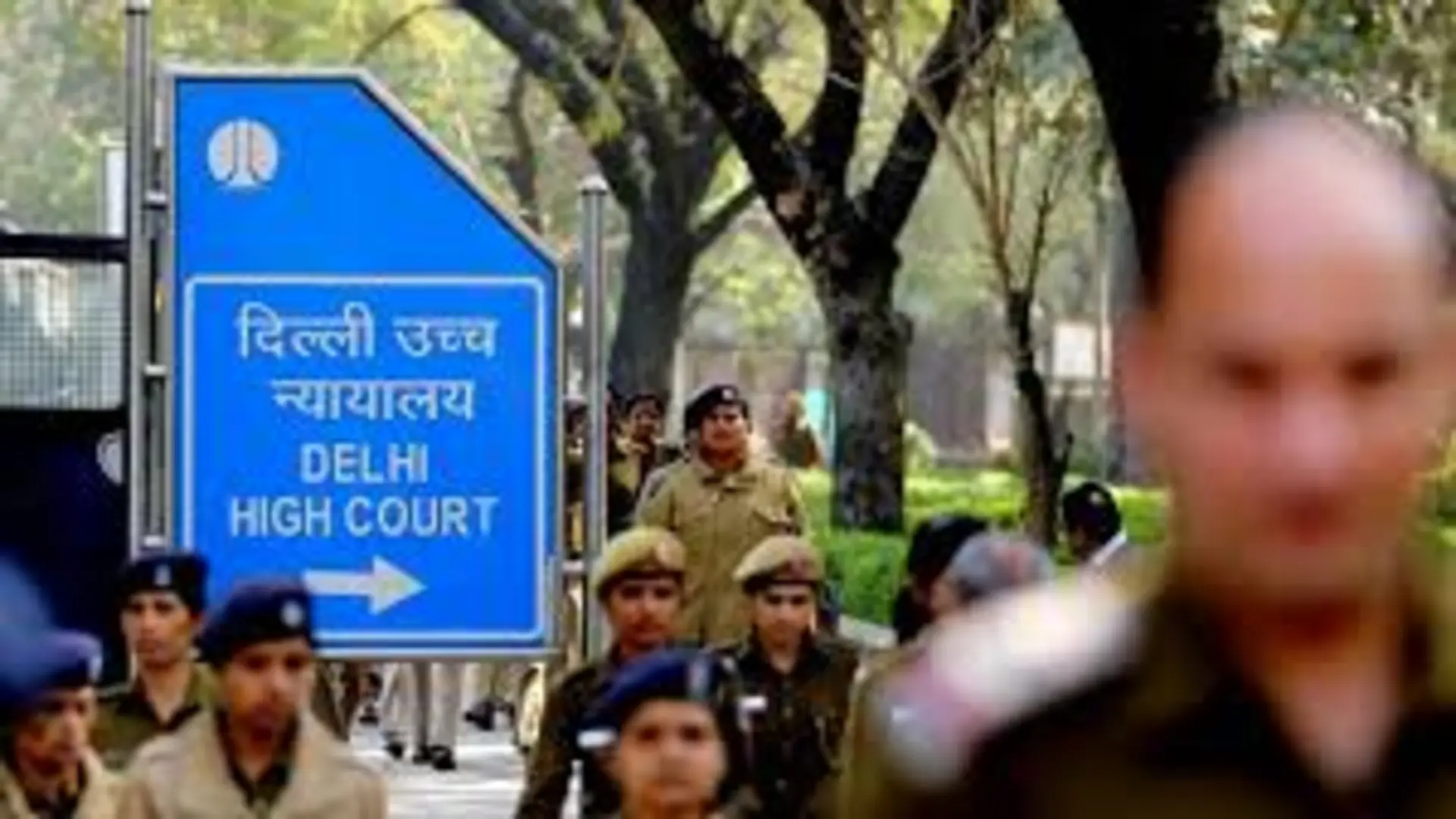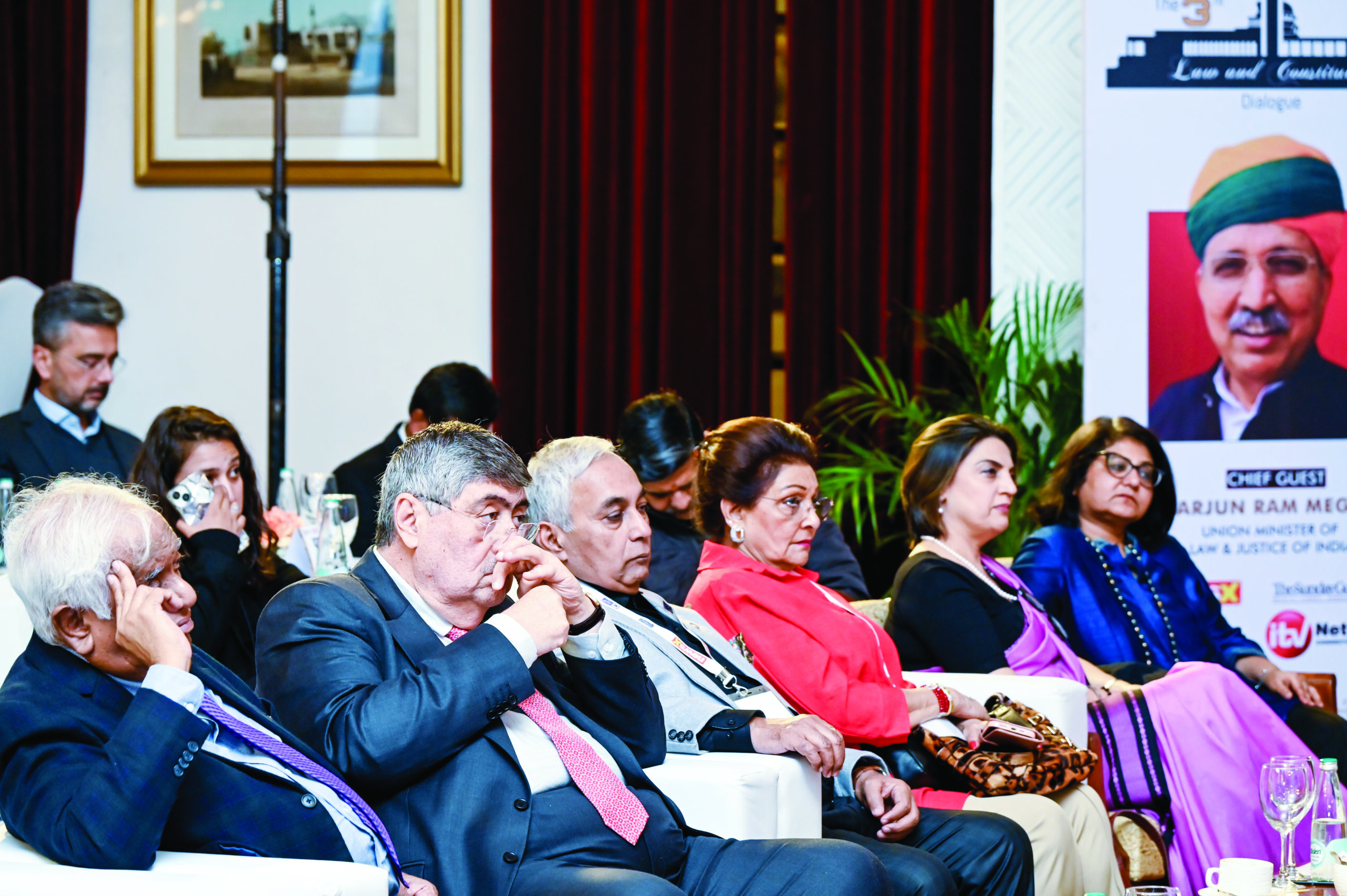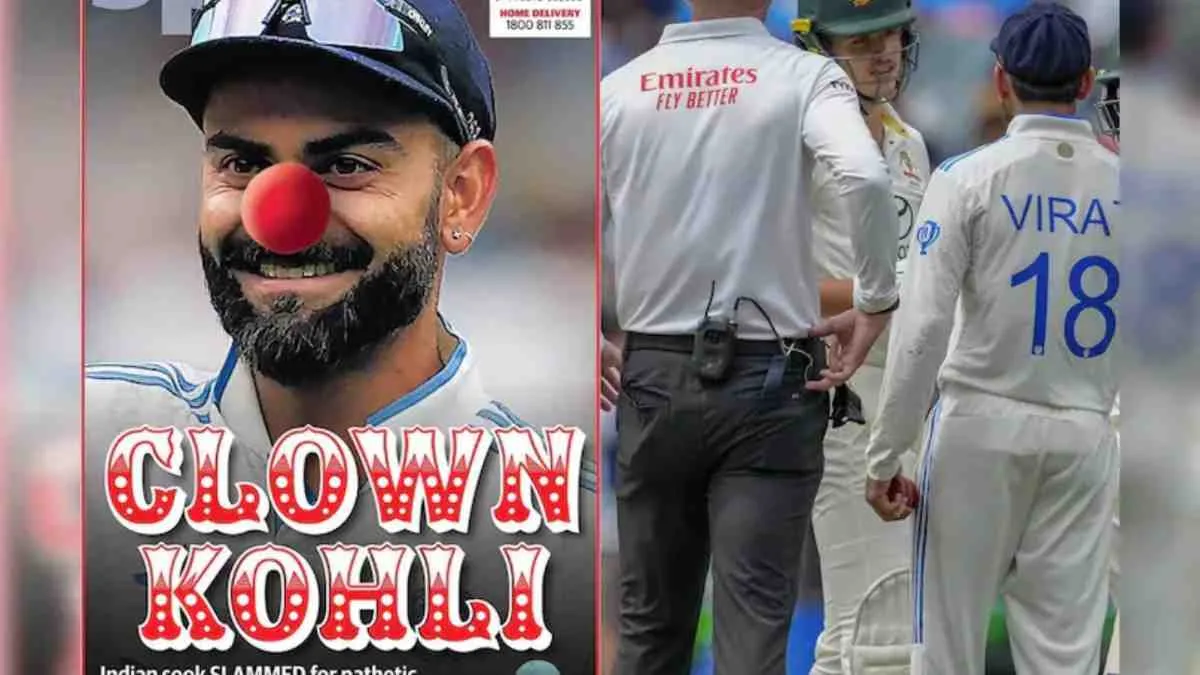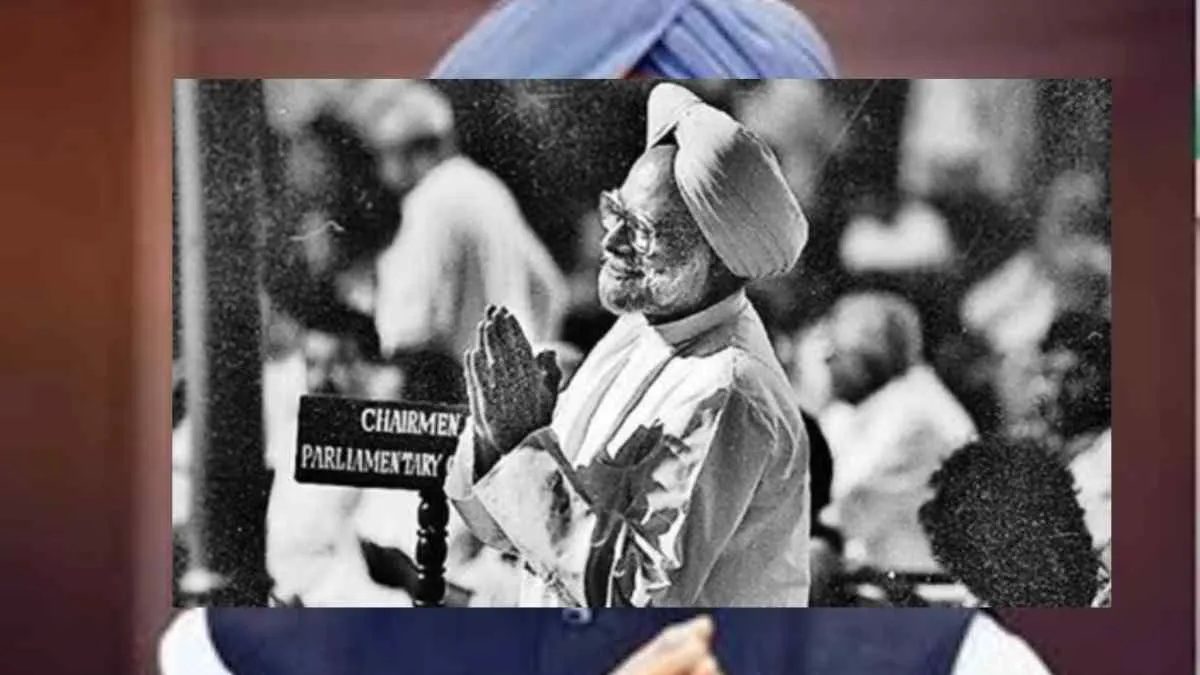In a latest, landmark, laudable and learned judgment titled Mohd Ashraf & Ors vs Abdul Wahid Siddique in C.R.P. 89/2016 delivered recently on December 14, 2020, the Delhi High Court has held that there cannot be any legality or validity attached to a fatwa, especially in respect of ownership of immovable property, and such a declaration would not be binding on a third party. A single Judge Bench of Justice Pratibha M Singh of Delhi High Court answered the issue in an appeal against a lower court order which had dismissed an application pertaining to ownership of property in Delhi’s Daryaganj area. Very rightly so!
To start with, Justice Pratibha M Singh sets the ball rolling by first and foremost pointing out in para 1 that, “This hearing has been done by video conferencing.”
CM APPL. 3822/2019
Para 2 then states that, “This application has been filed by the Petitioners seeking condonation of 25 days’ delay in re-filing the application for stay of the trial court proceedings till the disposal of the present petition. Delay is condoned. Application is disposed of.”
CM APPL. 54975/2018
It is then stated in para 3 that, “This application has been filed by the Petitioners for exemption from filing certified copies of the annexures and fair typed copies of dim annexures. Allowed, subject to all just exceptions. Application is disposed of.”
C.R.P. 89/2016 & CM APPLs. 54974/2018, 3821/2019
As we see, it is then stated in para 4 that, “Two short issues arise in this petition:
i. Firstly, whether the judgment of the Trial Court dismissing the application under Order XII Rule 6 CPC, after nearly one and a half years of arguments being heard and the order being reserved, is sustainable?
ii. Whether rights in an immovable property can be legally and validly derived on the basis of a fatwa issued by a maulvi and its binding nature on a third party?”
To put things in perspective, the Bench then envisages in para 5 that, “A suit for possession and recovery of damages was filed by three Plaintiffs i.e., Mr. Mohd Ashraf, Ms. Sadia Saad Yusuf and Mr. Javed Iqbal, who are the Petitioners in the present petition, against Mr. Abdul Wahid Siddique i.e., the Respondent/Defendant (hereinafter, “Defendant”). The case of the Plaintiff’s/Petitioners (hereinafter, “Plaintiff’s”) is that they are the owners of the suit property, being property bearing no 1525-27, Begum Manzil, Pataudi House, Darya Ganj, New Delhi-110002 (hereinafter, “suit property”) and they trace back their title to one Mst. Musharraf Begum through six registered sale deeds and a fatwa, which are as under:
i. Fatwa dated 6th November, 1971 issued by Mufti Musharraf Ahmed, Jamia, Fatehpuri, Delhi which, as per the Plaintiff’s, vested rights in Mr. Mohammad Salim Hussain.ii. Sale Deed dated 18th February, 1999 executed by Mr. Asmat Saleem, son of Late Mr. K.M. Salim Hussain in favour of Mr. Arshad Zarabi and Mr. Zahid Hussain.
iii. Sale Deed dated 26th June, 2002 executed by Mr. Arshad Zarabi and Mr. Zahid Hussain in favour of Mr. Mohd. Ashraf by which Mr. Mohd. Ashraf is stated to have acquired 75% of the suit property.
iv. Sale Deed dated 7th February, 2011 executed by Mr.Zahid Hussain in favour of Mr. Javed Iqbal by which Mr. Javed Iqbal is stated to have acquired 25% share in the suit property.
v. Sale Deed dated 7th February, 2011 executed by Mr. Mohd. Ashraf favour of Mr. Javed Iqbal by which Mr. Javed Iqbal is stated to have acquired 9% share in the suit property i.e a total of 34% share in the suit property.
vi. Sale Deed dated 7th February, 2011 executed by Mr. Mohd. Ashraf in favour of Ms. Sadia Saad Yusuf, by which Ms. Sadia Saad Yusuf is stated to have acquired 33% share in the suit property.
Thus, the foundation of all the Sale Deeds is the fatwa dated 6th November, 1971.”
While stating the reason for filing of the suit for possession, the Bench then notes in para 6 that, “Further, the case of the Plaintiffs is that the Defendant was a tenant of Mst. Musharraf Begum and has no right in the suit property. Purchase of the suit property was made by the Plaintiffs by registered sale deed in the year 2002 and 2011, pursuant to which notice demanding arrears of rent and vacation of premises was issued in May, 2011 to the Defendant. The Defendant challenged the ownership of the Plaintiffs on various grounds leading to the filing of the suit for possession.”
As it turned out, while stating the defendant’s case, the Bench then enunciates in para 7 that, “The Defendant’s defence is that the original owner had made a declaration, transferring ownership in favour of the Tenants. The Defendant’s case in the written statement is as follows:
i. That if the rent is Rs.375/- per month then the provisions of the Delhi Rent Control Act, 1958 would apply.
ii. The Plaintiff’s own case is that the Defendant is in possession since 32 years or more and no rent has been paid by the Defendant over this entire period. Thus, the Defendant is the owner of the suit property by means of adverse possession.
iii. The Plaintiff does not disclose the chain of documents by which the Plaintiff became the exclusive owner of the suit property and if the said chain is disclosed it would be clear that the ownership is claimed on the basis of forged and fabricated documents.
iv. No person has demanded the rent from the Defendant since 1971. There is no rent agreement or rent receipt in favour of the Plaintiff or even the original owner Mst. Mussharaf Begum.
v. Since Mst. Mussharaf Begum had no children and no close relatives during her lifetime she had declared that the tenants/occupants of the property would become owners upon her death.
vi. The intention of the Plaintiff is to grab the suit property on the basis of forged and fabricated documents.
vii. That an unlawful attempt was made to disconnect the electricity supply to the premises which was restored by an order of the ld. Civil Judge in Suit No. 387/2011.”
Be it noted, it is then stipulated in para 8 that, “The following issues were framed in the suit on 23rd October, 2013:
“1. Whether the plaintiff is entitled to decree for recovery of possession of suit property? OPP
2. Whether the plaintiff is entitled to decree for recovery of damages at the rate of Rs.25,000/- p.m. from the date of filing of the suit till the possession is handed over? OPP
3. Whether the plaintiff is entitled to decree of permanent injunction restraining the defendant from creating third party interest in the suit property? OPP
4. Whether the defendant has become the owner of the suit property by way of adverse possession? OPD
5. Relief.””
Going forward, the Bench then states in para 9 that, “After issues were framed, an application under Order XII Rule 6 CPC was filed by the Plaintiffs. Arguments on the application were heard on 27th September 2014 and the matter was fixed for orders/clarifications on 15th October, 2014. Thereafter, on several dates, the order was not passed. Further, without any direction from the Court, on two occasions the Defendant filed case law. Finally, the Plaintiffs moved an application under Order XX Rule 1 CPC seeking pronouncement of judgment and finally, the impugned order dismissing the Order XII Rule 6 CPC application was passed on 12th February, 2016.”
More significantly, the Bench then observes in para 21 that, “Heard counsels for the parties. The legality and validity of a fatwa issued by maulvis has been the subject matter of the judgment of the Supreme Court in Vishwa Lochan Madan v. UOI & Others., (2014) 7 SCC 707. The Supreme Court was concerned with the question as to whether a fatwa is binding and if so, in what manner. The Supreme Court was unequivocal in its pronouncement that a fatwa does not satisfy the requirements of a legally binding document and they do not trace their origin to validly made law. The observations of the Supreme Court are as under:
“13. As it is well settled, the adjudication by a legal authority sanctioned by law is enforceable and binding and meant to be obeyed unless upset by an authority provided by law itself. The power to adjudicate must flow from a validly made law. A person deriving benefit from the adjudication must have the right to enforce it and the person required to make provision in terms of adjudication has to comply that and on its failure consequences as provided in law are to ensue. These are the fundamentals of any legal judicial system. In our opinion, the decisions of Dar-ul-Qaza or the fatwa do not satisfy any of these requirements. Dar-ul-Qaza is neither created nor sanctioned by any law made by the competent legislature. Therefore, the opinion or the fatwa issued by Dar-ul-Qaza or for that matter anybody is not adjudication of dispute by an authority under a judicial system sanctioned by law. A Qazi or Mufti has no authority or powers to impose his opinion and enforce his fatwa on anyone by any coercive method. In fact, whatever may be the status of fatwa during Mogul or British Rule, it has no place in independent India under our constitutional scheme. It has no legal sanction and cannot be enforced by any legal process either by the Dar-ul-Qaza issuing that or the person concerned or for that matter anybody. The person or the body concerned may ignore it and it will not be necessary for anybody to challenge it before any court of law. It can simply be ignored. In case any person or body tries to impose it, their act would be illegal. Therefore, the grievance of the petitioner that Dar-ul-Qazas and Nizam-e-Qaza are running a parallel judicial system is misconceived.
14. As observed earlier, the fatwa has no legal status in our constitutional scheme. Notwithstanding that it is an admitted position that fatwas have been issued and are being issued. The All India Muslim Personal Law Board feels the “necessity of establishment of a network of judicial system throughout the country and Muslims should be made aware that they should get their disputes decided by the Qazis”. According to the All India Muslim Personal Law Board “this establishment may not have the police powers but shall have the book of Allah in hand and sunnat of the Rasool and all decisions should be according to the book and the sunnat. This will bring the Muslims to the Muslim courts. They will get justice”.
15. The object of establishment of such a court may be laudable but we have no doubt in our mind that it has no legal status. It is bereft of any legal pedigree and has no sanction in laws of the land. They are not part of the corpus juris of the State. A fatwa is an opinion, only an expert is expected to give. It is not a decree, nor binding on the court or the State or the individual. It is not sanctioned under our constitutional scheme. But this does not mean that existence of Dar-ul-Qaza or for that matter practice of issuing fatwas are themselves illegal. It is informal justice delivery system with an objective of bringing about amicable settlement between the parties. It is within the discretion of the persons concerned either to accept, ignore or reject it. However, as the fatwa gets strength from the religion; it causes serious psychological impact on the person intending not to abide by that. As projected by Respondent 10 “Godfearing Muslims obey the fatwas”. In the words of Respondent 10 “it is for the persons/parties who obtain fatwa to abide by it or not”. He, however, emphasises that “the persons who are God fearing and believe that they are answerable to the Almighty and have to face the consequences of their doings/deeds, such are the persons, who submit to the fatwa”. Imrana’s case is an eye-opener in this context. Though she became the victim of lust of her father-in-law, her marriage was declared unlawful and the innocent husband was restrained from keeping physical relationship with her. In this way a declaratory decree for dissolution of marriage and decree for perpetual injunction were passed. Though neither the wife nor the husband had approached for any opinion, an opinion was sought for and given at the instance of a journalist, a total stranger. In this way, the victim has been punished. A country governed by rule of law cannot fathom it.””
As a corollary, it is then held in para 22 that, “A perusal of the above judgment makes it abundantly clear that a fatwa cannot be imposed on a third party. A fatwa can be completely ignored and no one needs to challenge the same before any Court of law. Imposition of a fatwa would itself be illegal. The effect of this judgment on the alleged fatwa, which is the basis of the Plaintiffs claim to ownership, would therefore have to be adjudicated by the Trial Court.”
Without mincing any words, it is then observed in para 23 that, “Moreover, the manner in which ownership of immovable property can either be vested or transferred is governed by the Transfer of Property Act, 1882 and the provisions of the Registration Act, 1908 have to be complied with. While inheritance can undoubtedly be decided on the basis of personal law, in the present case, there has been no adjudication as to who has inherited the suit property which belongs to Mst. Mussharaf Begum and in what share. A Court of law would have to adjudicate this issue after considering the documents and evidence before it. A mere unilateral fatwa allegedly issued in favour of one Mohd. Salim Hussain, on the basis of which his son purportedly transferred the rights to the Plaintiffs, cannot be a valid and legal transfer in the eyes of law – that too, for decreeing a suit under Order XII Rule 6 CPC.”
It is worth noting that it is then disclosed in para 24 that, “Recognizing such rights based on a fatwa which has not been examined or sanctioned by a Court of law would be contrary to the Constitutional scheme. While a fatwa can be the basis of an amicable settlement of disputes between parties who submit to such a settlement process, binding the same on a third party would be contrary to law. As held in Masoor Ahmed v. State (NCT of Delhi) and Ors., 2008 (103) DRJ 137, as per Section 2 of the Muslim Personal Law (Shariat) Application Act, 1937, issues relating to intestate succession, special property of females, including personal property, marriage, dissolution of marriage, maintenance, dower, guardianship, gifts, trusts and trust properties, and wakfs would be governed by the Muslim Personal Law (Shariat). However, this Shariat law would have to be applied by the Court dealing with the dispute. The Court in seisin of a dispute would have to satisfy itself as to the legality and validity of the claim to ownership and only then pass an order in accordance with law. There cannot be any legality or validity attached to a fatwa, especially in respect of ownership in an immovable property. Such a declaration would also not be binding on any third party.”
Briefly stated, it is then stated in para 25 that, “A perusal of the entire chain of documents shows that the basis of the Plaintiffs’ claim of ownership to the suit property is the alleged fatwa dated 6 th November, 1971 issued by Mufti Musharraf Ahmed, Jamia, Fatehpuri, Delhi. The said fatwa is in the form of a conversation and is recorded below. The original fatwa is in Urdu but a Hindi translation has been placed on record.”
After going through it, the Bench then holds in para 26 that, “Firstly, the genuinity of the above document has not been established by the Plaintiffs. Whether, in fact, such a fatwa was issued or not is not clear. This fatwa forms the foundation of the other Sale Deeds as per which the Plaintiffs have acquired ownership rights. Unless and until, this foundational document is proved in accordance with law, the Plaintiffs cannot claim rights in the suit property. Moreover, even as per the above document, after the demise of Mst. Mussharaf Begum, she had left behind various other heirs including two nieces and an uncle, apart from her nephew – Mohd. Salim Hussain. The fatwa itself states that after the other heirs’ rights are given, then the nephew – Mohd. Salim Hussain would become the owner of the suit property. The question as to whether rights in the property have been given to the other heirs or not is not clear. Moreover, during oral submissions, ld. counsel for the Defendant has also submitted that the question as to whether Mohd. Salim Hussain is himself a nephew or not is in doubt. Thus, all the foundational facts in this case are yet to be established.”
To put it succinctly, it is then laid bare in para 27 that, “The Defendant has in the written statement denied the chain of documents and has alleged that the documents are forged and fabricated. The Defendant has also set up a defense that a declaration was made by Mst. Mussharaf Begum that after her demise the occupants of the various portions of the suit property would be the owners. Whether such a declaration was made or not is not clear. The defense of adverse possession has also been taken and would require to be adjudicated. The Defendant is in physical possession of the property and a decree would result in the Defendant being dispossessed. This court is of the opinion that the issues are such that they cannot be decided in an Order XII Rule 6 CPC application.”
As a consequence, the Bench then holds in para 28 that, “In view of the above, this Court holds that the present suit is not liable to be decreed under Order XII Rule 6 CPC. There is no admission by the Defendant in the written statement, documents or otherwise. In fact, there is a clear denial by the Defendant of the right of the Plaintiffs. Even if the Defendant is stated to have admitted Mst. Mussharaf Begum’s ownership of the property, the same would not lead to a decree being passed as much as the Plaintiffs would have to validly and legally trace back their title to Mst. Mussharaf Begum. The other defences of the Defendant, including adverse possession, would also have to be adjudicated.”
While lambasting the inordinate delay by the Trial Court, the Bench then holds in para 29 that, “This Court expresses enormous dissatisfaction over the manner in which passing of orders under Order XII Rule 6 CPC was delayed by the Trial Court after hearing arguments. However, on merits, the dismissal of the application under Order XII Rule 6 CPC would not be liable to be interfered with.”
To be sure, the Bench then directs in para 30 that, “The Plaintiffs are stated to have filed their evidence by way of affidavit. In view thereof, considering the fact that the suit is more than nine years old, it is directed that trial of the suit be concluded within six months and judgment be pronounced on or before 31st July, 2021.”
Moving on, the Bench then holds in para 31 that, “The petition is disposed of in the above terms. All pending applications are also disposed of.”
Finally, it is then held in the last para 32 that, “Copy of this order be sent to the ld. Registrar General of this Court and be also circulated to District & Sessions Judges of all Districts to ensure that the timelines as prescribed in Anil Rai (supra), Balaji Baliram Mupade (supra) and Deepti Khera (supra) are adhered to in respect of pronouncement of orders.”
To sum up, the Delhi High Court has made it abundantly clear that there cannot be any legality or validity attached to a fatwa issued by a maulvi especially in respect of ownership of immovable property. Such a declaration in form of fatwa would also not be binding on the third party. Justice Pratibha M Singh who has authored this notable judgment has gone through different aspects also and has not left an iota of doubt on this key issue. There can certainly be no denying it!













